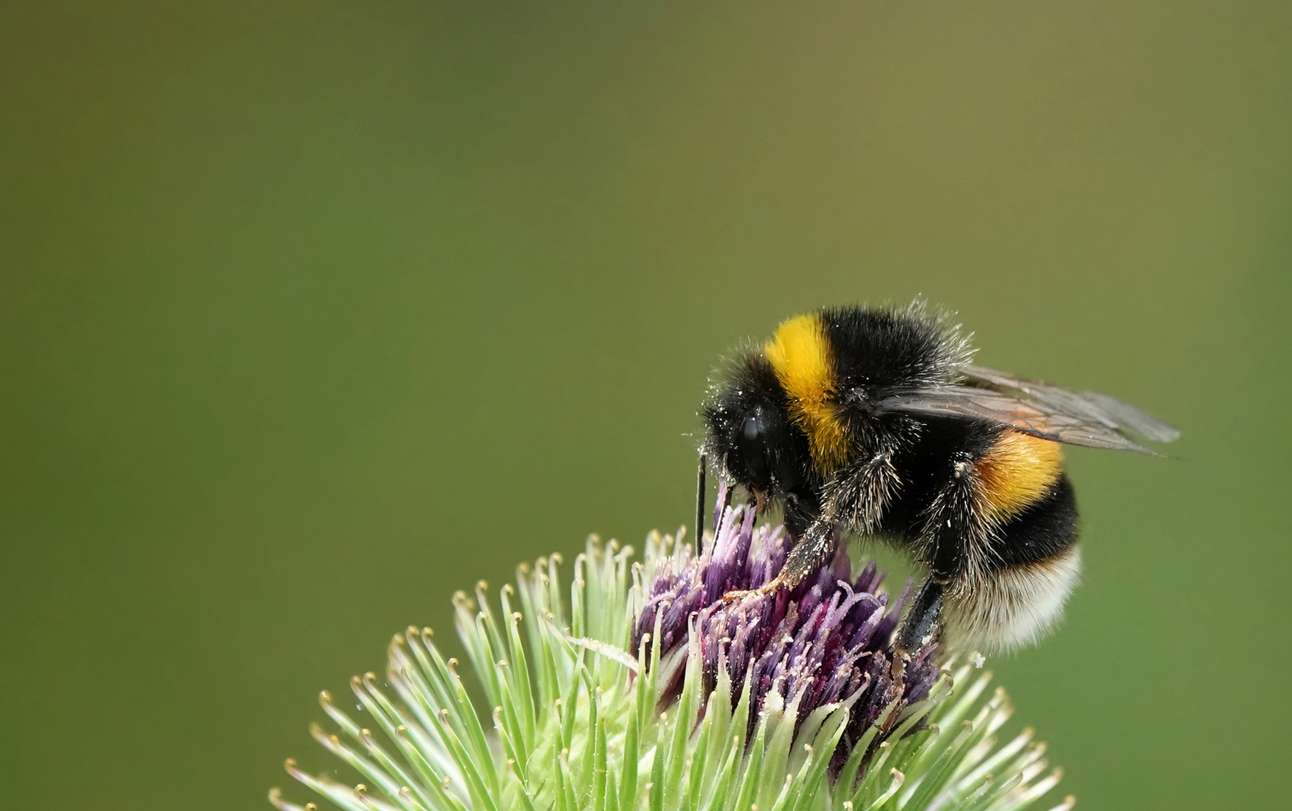Related Articles
Relevant Topics
An article in Willamette Week, Portland’s progressive weekly newspaper, might cause a bit of whiplash in some. The article notes that honeybees “are domesticated livestock in no danger of extinction.” After a decade of being warned that the extinction of honeybees was both imminent and a threat to humans, this claim may come as a surprise.
For example, Time had a cover story in 2013 about “A world without bees,” warning about “The price we’ll pay if we don’t figure out what’s killing the honeybee.”
 Locally, Environment Washington has been sounding the alarm about the loss of honeybees for at least a decade. In 2016, the head of Environment Washington claimed that, “in the last two years there has been a 30-40% decline in bees.” That wasn’t true, but it was part of their campaign to claim that pesticides were killing honeybees. They still have a campaign to “Save the bees” that features lots of pictures of honeybees and claims “75% of all food crops … rely on bees for pollination.” Ban pesticides, they warned, or we’d regret it because, “it’s bees, not pesticides, that make our farms and food possible.”
Locally, Environment Washington has been sounding the alarm about the loss of honeybees for at least a decade. In 2016, the head of Environment Washington claimed that, “in the last two years there has been a 30-40% decline in bees.” That wasn’t true, but it was part of their campaign to claim that pesticides were killing honeybees. They still have a campaign to “Save the bees” that features lots of pictures of honeybees and claims “75% of all food crops … rely on bees for pollination.” Ban pesticides, they warned, or we’d regret it because, “it’s bees, not pesticides, that make our farms and food possible.”
Now, some are arguing that honeybees aren’t in danger at all. To the contrary, they are, in fact, a threat to the environment. The headline of the Willamette Week article goes so far to ask, “Should Portland Ban Backyard Beekeeping?”
Reporter Hardly Kephart wrote that honeybees “usurp and replace native pollinators, including threatened species like bumblebees and butterflies, by outcompeting them for a finite supply of resources as well as by introducing pathogens into the native population.” Encouraging people to keep honeybees ended up harming wild bees which are more fragile.
As a beekeeper, I actually agree with Kephart. Last year I wrote this about wild bees:
There are things to be concerned about. Native bee and insect populations appear to be declining. Unlike honeybees, which have the benefit of market forces on their side, native bees are impacted by loss of habitat and other pressures. This is a real concern and private landowners should be supported, not punished, to help create the habitat and conditions to protect their populations.
Wild insect populations are declining and one of the major causes is fragmentation of habitat. Douglas Tallamy’s book, “Nature’s Best Hope,” argues that people can make changes to their yards that create habitat for wild insects. The tone of the book is a bit more alarmist than I prefer, but I really agree with his call for “a grassroots, home-grown approach to conservation.” As the description of the book notes, “This home-based approach doesn’t rely on the federal government and protects the environment from the whims of politics.” Fantastic.
One reason I worry about an alarmist tone is that environmental hyperbole put us in the position where we honeybees became a symbol of mindless environmental righteousness. Anyone who questioned whether honeybees were truly at risk or were as critical as some claimed were treated as if they hated the planet. I was giving a lecture at Tulane University and when I told a student that I wasn’t worried about the impact of pesticides on honeybees, he shot back, “Are you paid by Monsanto?” He had no idea what he was talking about, but it didn’t matter. He was saving the planet and I was corrupt.
Now there is evidence that all that hysteria about honeybees is backfiring and harming native bees.
It is a reminder that attempting to impose moral and policy clarity on the dynamism of uncertainty in environmental systems can lead to policies that do more harm than good. Fixating on one charismatic creature allowed activists to ignore the complex web of interactions that occur in ecosystems.
Honeybee deaths weren’t just a problem for almond growers, they could lead to “a world without bees” and the collapse of food systems. Climate change isn’t just a crisis. It is an existential crisis.
Now the problem isn’t too few honeybees, but too many.
Environmental hyperbole has a cost. Politicians are unlikely to pay attention to that cost because it undermines the power of their moral outrage and humility isn’t morally satisfying. The public and members of the media need to do a better job of holding politicians, agency staff and other policymakers accountable for overwrought and destructive rhetoric.
We should have particular contempt for scientists who encourage political hyperbole, giving politicians and activists moral license to ignore complexity in favor of a simplistic view of environmental policy.
Native bees are now paying a price for years of reckless hyperbole. Let’s hope the recognition that the rhetoric about honeybee loss was actually counterproductive is a step toward reducing the credibility of those who substitute emotion for science and drama for humility.





